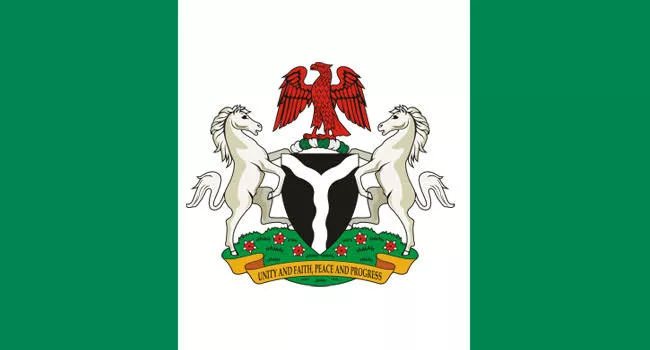Borrowing costs for governments and businesses in Nigeria, South Africa, and Kenya have surged in the last five years due to policy weaknesses, high inflation, and unfavourable market conditions, a report by Moody’s Ratings has revealed.
The Reuters study, which examined credit conditions across the three economies, painted a picture of mounting financing pressures that continue to choke sovereign and corporate balance sheets even as development and growth needs expand.
Moody’s Senior Vice President, Lucie Villa, commented on the report, saying, “borrowing costs are high across the board.” She noted that “debt costs for banks, non-financial companies, and sovereigns have increased in all three markets alongside higher policy rates during the past five years.”
According to the ratings agency, although support from development partners has moderated foreign currency debt costs, the relief has not been sufficient to offset the high price of raising funds from local and international capital markets.
The report pointed out that while interest spreads over U.S. Treasuries have eased for Nigeria and Kenya since 2022, they remain elevated at around 500 basis points, underscoring the risk premium investors attach to the two economies.
Moody’s identified Nigeria’s high inflation and chronically low savings rates as factors stifling companies’ access to affordable credit, adding that domestic policy gaps have amplified the strain on the cost of capital.
In Kenya, the report blamed excessive government borrowing and shallow local capital markets for crowding out private sector access to credit.
It noted that South Africa enjoys a more stable pricing environment with deeper domestic markets and a relatively credible monetary framework. However, due to fiscal constraints, its financing costs still outstrip many peer emerging markets.
“Without improvements, South Africa risks continuing a negative spiral in which high interest rates aimed at attracting inflows amid subdued growth limit domestic investment and further hinder economic prospects,” the report warned.
Moody’s stressed that addressing the structural imbalances that keep financing costs high in these economies will require time and consistent reforms to strengthen policy frameworks.





